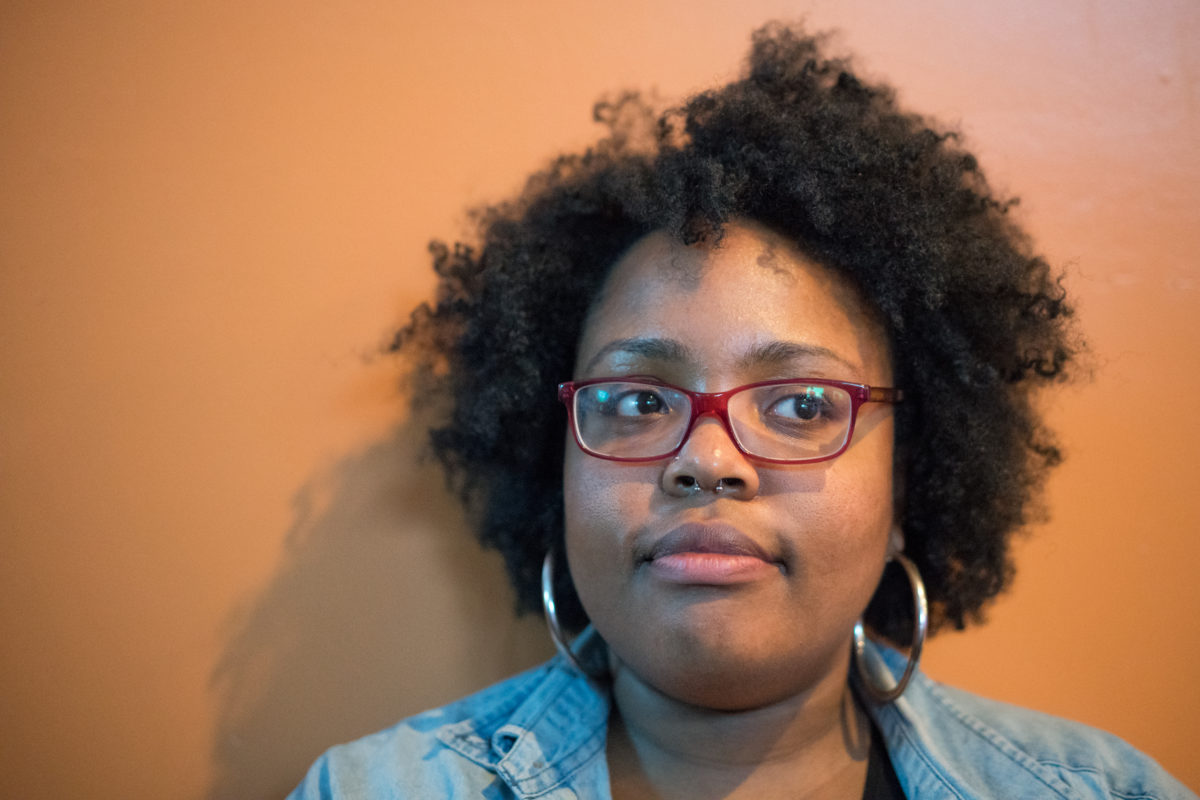COVID-19 prompted changes at Mazzoni include furloughs for 30% of staff, leadership paycuts
 March 27, 2020
Category: Featured, Medium, Purpose
March 27, 2020
Category: Featured, Medium, Purpose
Updates
Update: Mazzoni Center leadership informed us that they have reduced the furloughed staff from 40% to 30%, so the headline has been adjusted accordingly. (The change to the headline was made April 3, 2020, 9:35 a.m)For the past 40 years, the Mazzoni Center has provided critical health and wellness services to the region’s LGBTQ+ population. But meeting challenges during the biggest health crisis of our time has precipitated some significant changes at the organization.
On March 16, Mazzoni implemented a two-week plan that included the transition of its mental and physical health services to telemedicine, as well as the temporary closure of its two facilities.
Almost two weeks later, as the number of confirmed COVID-19 cases continues to rise and more serious measures for the prevention and limitation of its spread are enacted, Mazzoni’s leadership has announced a more comprehensive short-term continuity plan starting March 30.
For the coming weeks, 40% of Mazzoni’s staff will be partially or fully furloughed, but no one will be laid off. Employees will continue to receive their health benefits, use PTO as applicable, and be eligible for government resources.
No walk-ins will be permitted at this time to prevent the risk of exposure.
The leadership team — Nancy Brisbon, chief medical officer; Alecia Manley, chief operating officer; and Racquel Assaye, chief financial officer — has also agreed to take a pay cut in order to redirect more funds towards services and operations.
In terms of changes to services provided, physical and behavioral health services will continue to operate primarily remotely with some carefully screened in-person appointments as exceptions. No walk-ins will be permitted at this time to prevent the risk of exposure.
To ensure the basic needs of the most vulnerable are met, programs addressing food, housing, and medical case management will return to full capacity. Remaining social services programs will launch online initiatives.
Physical and behavioral health services will continue to operate primarily remotely.
“These decisions, like all of Mazzoni Center’s decisions in response to the coronavirus outbreak,” Assaye said, “have been underpinned by three goals: to continue to act in ways that protect the health and safety of staff, patients and clients; continuing to provide needed services to our patient and clients whether they engage with us in our health center, behavioral health, case management or community outreach, or some other way; and, to make sound fiscal decisions to ensure the short and long-term sustainability of our community-based organization.”
Governing as a leadership body, as opposed to a single individual, during a historical moment like this has proven useful to Mazzoni. Being able to have multiple perspectives, areas of expertise, additional capacity, and willingness to collaborate and compromise has been instrumental in the organization’s ability to quickly and effectively adapt and respond to changing circumstances.
“Obviously, the things that need to be considered are operational issues, medical and clinical issues, safety and health and wellness, and then financial issues. So having all three of those perspectives, as well as working with our union (SEIU) and the labor management committee in a collaborative way, has made the decision-making process around our response a really inclusive process,” Manley said.
Every two weeks, the team will be reassessing and adapting its plans and policies. And while so much is still uncertain, some key indicators and metrics that will be heavily considered moving forward include preserving (and in some cases restoring) staff safety, hours, and compensation; ensuring continued quality and quantity of service, care, and programs; and securing financial sustainability.
“Our decisions come from a place that I think people can identify as being client- and patient-centered, fiscally sound, and emotionally sensitive to the folks we take care of and that we work with,” Brisbon said.
Clarification and direction from funders regarding additional resources, shifting timelines, or adjusted expectations is critical for gauging the full financial picture of the organization. With a federal stimulus package that caters mostly to individuals and the private sector, nonprofits are left with a lot of questions.
“As you can imagine from the fiscal perspective, a nonprofit is heavily dependent on contributions and contracts. And for us, contract compliance and deliverables are especially important at this time as contracts allow us to pay a good number of our employees,” Assaye said. “So some clarity around what that would mean for us in this environment would help not only to ensure there is sustainability in our cash flow, but also would allow us to keep staff in a way that would not impact them.”
Trending News










